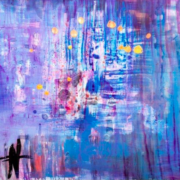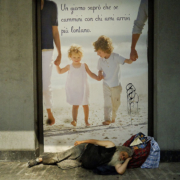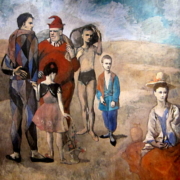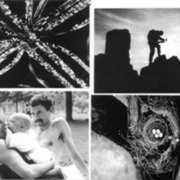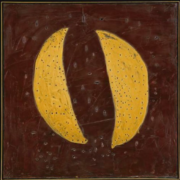Why psychoanalysis in times of poverty?
Abstract
The psychoanalytical group is characterized by a self-representative work and what happens within it, is considered as an useful material for putting in meaning the same group. Thoughts, affections, somatic expressions, sounds, noises, etc. tend to form a multi-dimensional tissue called with a good term, by Francesco Corrao (1979), <<self-interpreting context>>.
By this way the group can be operationally defined by the setting which establishes its limits but it is at the same time, in a dynamic relation with the reality’s levels in which it is immerged.
I try of placing with this article, some founding moments of Bion’s model which came from his experiences, in the way of highlighting, referring to the case of groups applied within institutional contexts, the importance since the origins, of a field’s perspective in which the clinic practice will never be a technical operation extracted from the institution but an integral part of it.
In a “ill” institution it is highly improbable that “healthy” groups can born and develop. The function of psychoanalysts during times characterized by a deep crisis of the human being, is the same of the poets in the Hölderlin’s poem which gives the title to this work: in other words the duty of de-objectifying reality from its de-symbolizing dimensions, bearing the darkness and the absence of meaning, waiting that a ray of light permit to us of seeing new ways and possibilities of vital growth.

